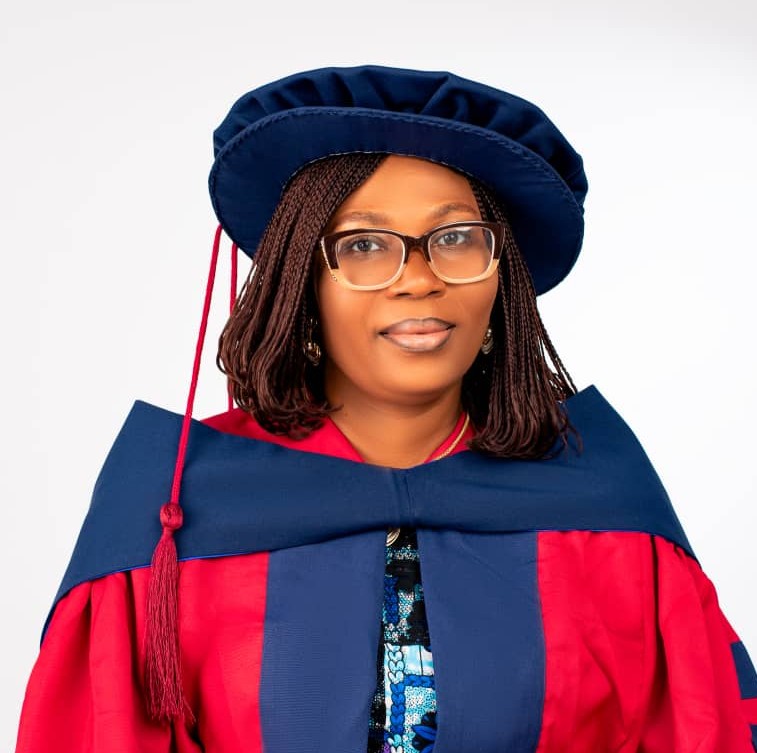Vision and Mission of the Department
Vision of the Department
To equip engineering graduates with the skills to pioneer advancements in agricultural mechanization and biosystems, tackling global challenges in sustainable food production, energy generation from biomass, and environmental protection.
Mission of the Department
To cultivate a dynamic learning environment that fosters research, education, and hands-on training in Agricultural, Biosystems, and Environmental Engineering which equips graduates with technical expertise, innovative thinking, and entrepreneurial skills to drive national and global progress.
Programme Outcomes (POs) and expected knowledge, skills, and attributes
PO1 Engineering Knowledge: Apply knowledge of mathematics, science, engineering fundamentals and an engineering specialization to the solution of developmental and complex engineering problems.
PO2 Problem Analysis: Identify, formulate, research literature and analyze developmental and complex engineering problems reaching substantiated conclusions using first principles of mathematics, natural sciences and engineering sciences.
PO3 Design/Development of Solutions: Proffer solutions for developmental or complex engineering problems and design systems, components or processes that meet specified needs with appropriate consideration for public health and safety, cultural, societal and environmental considerations.
PO4 Investigation: Conduct investigation into developmental or complex problems using research based knowledge and research methods including design of experiments, analysis and interpretation of data, and synthesis of information to provide valid conclusions.
PO5 Modern Tool Usage: Create, select and apply appropriate techniques, resources and modern engineering and ICT tools, including prediction, modelling and optimization to developmental and complex engineering activities, with an understanding of the limitations.
PO6 The Engineer and Society: Apply reasoning informed by contextual knowledge including humanities and social sciences to assess societal, health, safety, legal and cultural issues and the consequent responsibilities relevant to professional engineering practice.
PO7 Environment and Sustainability: understand the impact of professional engineering solutions in societal and environmental contexts and demonstrate knowledge of and need for sustainable development;
PO8 Environment and Sustainability: Understand the impact of professional engineering solutions in societal and environmental contexts and demonstrate knowledge of and need for sustainable development.
PO9 Individual and Team Work: Function effectively as an individual, and as a member or leader in diverse teams and in multi-disciplinary settings
PO10 Communication: Communicate effectively on developmental or complex engineering activities with the engineering community and with society at large, such as being able to comprehend and write effective reports and design documentation, make effective presentations, and give and receive clear instructions
PO11 Project Management: Demonstrate knowledge and understanding of engineering, management and financial principles and apply these to one’s own work, as a member and leader in a team, to manage projects and in multi-disciplinary environments demonstrate knowledge and understanding of engineering management
PO12 Lifelong Learning: Recognize the need for, and have the preparations and ability to engage in independent and lifelong learning in the broadest context of technological and social changes.


